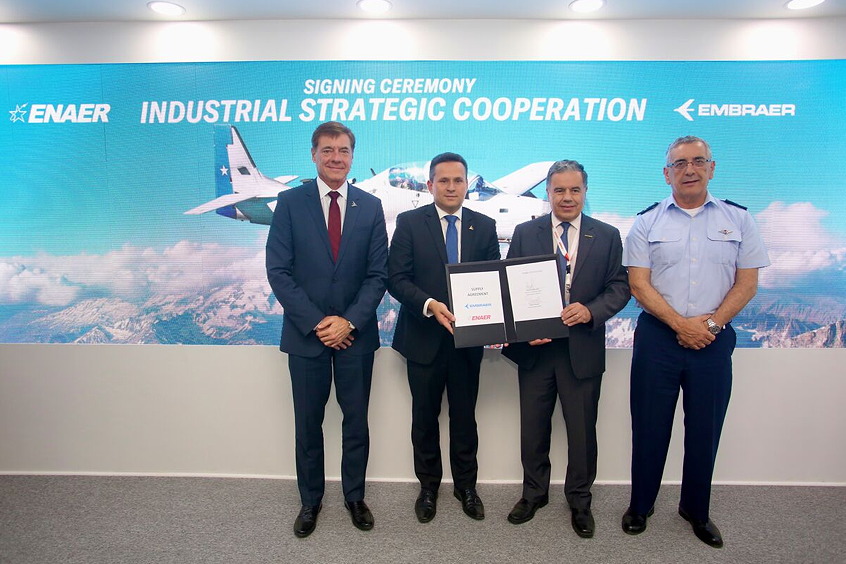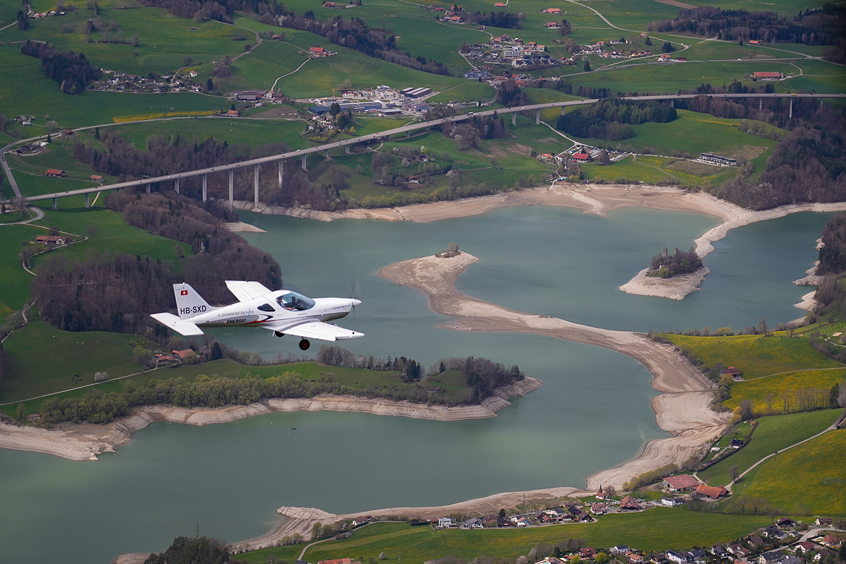One round-trip flight from New York to Europe produces two or three tons of carbon dioxide per person1. The University of Bristol's Department of Aerospace Engineering has been awarded £2.4 million as part of the £16 million Agile Wing Integration (AWI) collaborative research project that aims to cut aircraft carbon emissions.
The Bristol team, led by Professor Jonathan Cooper, will work on modelling techniques, multi-disciplinary design and manufacturing methods for the development of new aircraft designs.
The AWI consortium, sponsored by Innovate UK through the Aerospace Technology Institute, will be led by Airbus together with Marshalls, AGI and the universities of Bristol, Cranfield and Loughborough. The project will develop rapid, world-beating, wing design and integration capabilities for use during the early phases of an aircraft product development cycle.
The collaborative partnership will explore future air transport operating systems, along with the high value technologies and game-changing wing concepts that will be needed to serve them. To achieve the step-change required by future economic, mobility, and environmental challenges, the project will also develop the rapid integrated design processes, concept demonstrators, and simulation frameworks that will be needed to bring these solutions to market.
Jonathan Cooper, Royal Academy of Engineering Airbus Sir George White Professor of Aerospace Engineering in the Department of Aerospace Engineering, said: “Bristol will contribute to work on advanced wing designs and a range of different technologies and numerical modelling techniques that will enable such wing designs to be feasible. Further work will concentrate on multi-disciplinary design and optimisation methodologies with particular emphasis on rapid loads, structures and mass assessment.”
The University's research strengths contribute very well to the AWI project and builds upon expertise in aerodynamics, aeroelasticity and loads, nonlinear dynamics, flight mechanics, adaptive structures, composites, uncertainty quantification and optimisation.
The project will make use of the computational and experimental facilities at the University, including wind tunnels and the BLADE dynamics laboratories.
| Contact details from our directory: | |
| University of Bristol | Research/Consulting Services |
| Related directory sectors: |
| Design |
Weekly news by email:
See the latest Bulletin, and sign up free‑of‑charge for future editions.

Bell Mexico delivers 800th commercial aircraft cabin

Chile's ENAER expands cooperation with Embraer

Eve names KAI as supplier for eVTOL pylons
